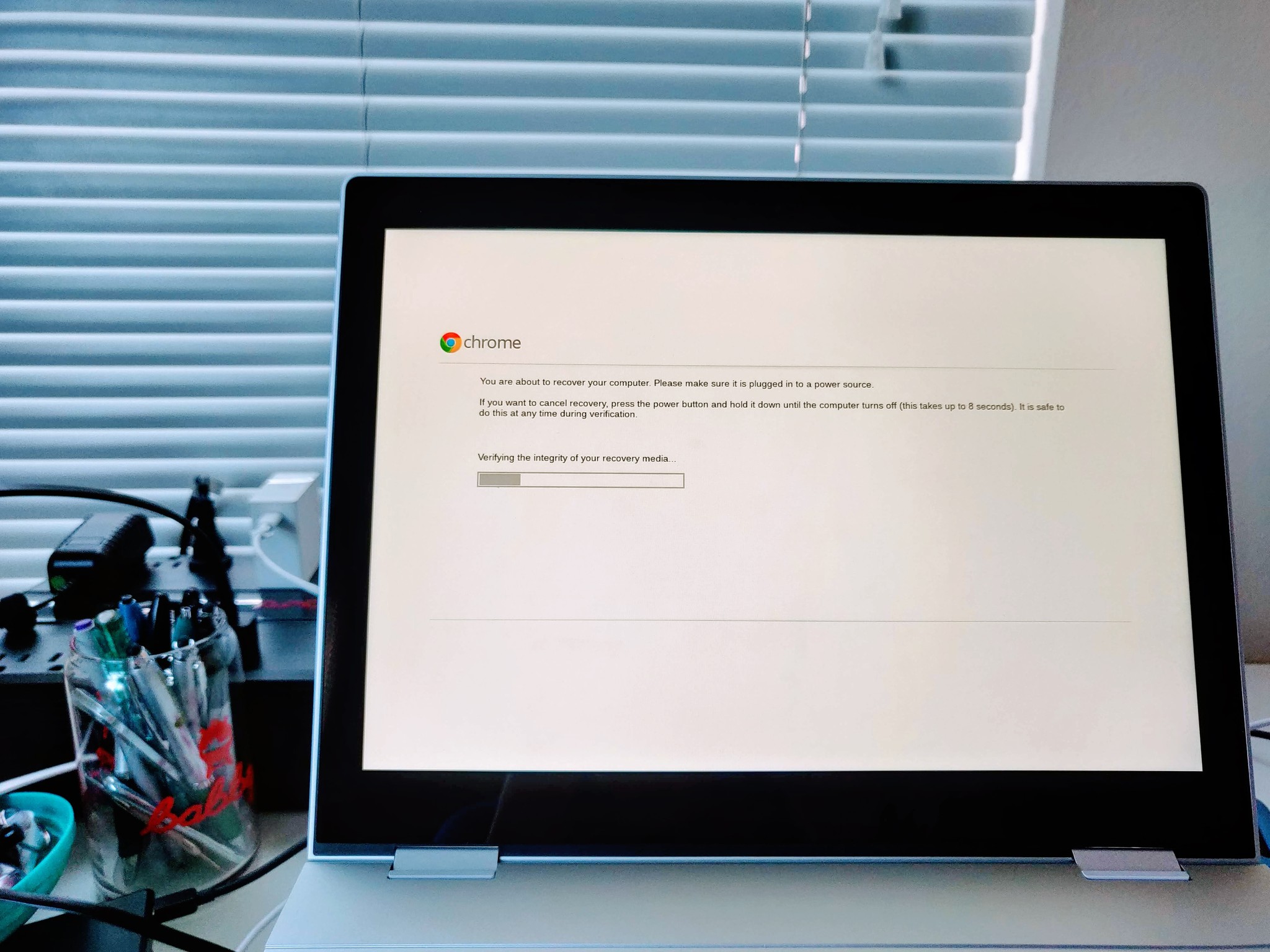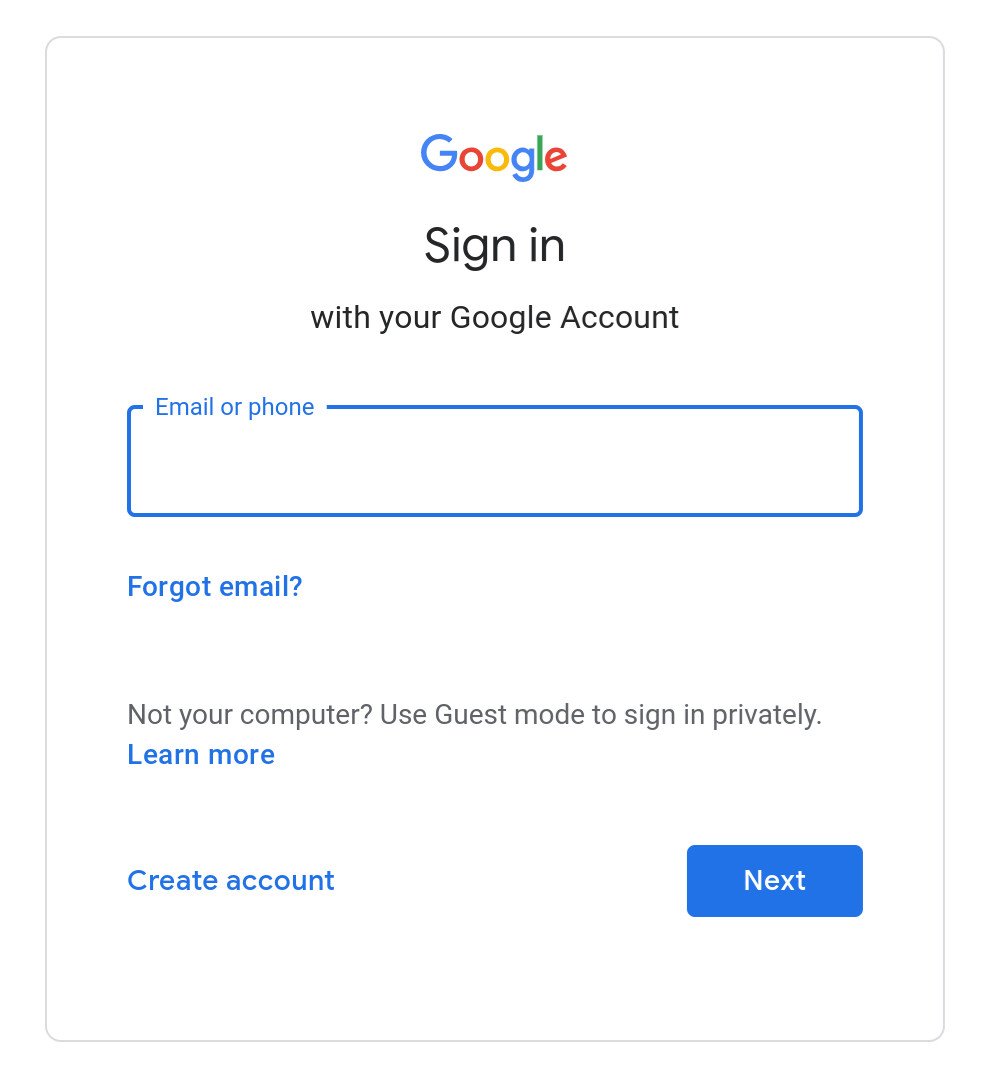When your computer is just a landing
pad for your cloud connections, broken laptops aren't the end of the
world. They're not even the end of your work day.
My primary computer — my practically perfect
Pixelbook
— is broken and likely going in for repairs later this week. Three
years ago that would have terrified me, but today? Today, it's a mild
annoyance, and that's mostly because I had to waste half a morning on a
full-tilt System Recovery to prove my hardware issue to Google support.
The spartan setup that made Chrome OS a godsend for enterprise and
educators has given me the freeing realization that not even a broken
computer can put a damper on my peace of mind — or my productivity.
If my Windows laptop needed to be sent off for repairs — or even just
factory reset for troubleshooting purposes — backing up my data would
eat at least half a day, and the factory reset and restoration of my
apps and services would take the rest of the day and then some. Despite
Windows increasing compatibility with cloud storage and syncing, the
majority of your programs and data aren't easily backed up, and even
once they are, restoring that data after a factory reset — and the hours
of system updates that follow it — can eat hours and hours of time you
could be working or redditing or living your life.

From
writing a system recovery flash drive
to wiping my Chromebook and getting set back up and troubleshooting the
clean system, I needed less than an hour. Backing up my local files
took 2 minutes — after all, just about the only locally stored files are
in the Downloads folder — and my Chrome extensions like
Auto Text Expander
synced back up before I even finished logged into the freshly recovered
Pixelbook. It was quick and it was as painless as starting over on a
fresh machine could be.
Chromebooks are expendable by design, and that is indispensable.
For years, Google's touted the expendable nature of individual
Chromebooks to system administrators and the board members that approve
their
G-Suite contracts: If
your student/employee breaks their Chromebook, simply sign them into a
new machine and they'll be back to work in minutes. This may feel like
something you can only take advantage of if you have the luxury of
owning multiple Chromebooks — I'm using a
four-year-old Lenovo Chromebook
while my Pixelbook is out of commission — but even if you only own one,
this way of computing can save your deadline and your delicate sanity.

If someone walked in and Hulk-smashed your one and only Chromebook,
you could go to any other computer in town — from Grandma's Gateway
laptop to the public library's Chromebox lab to that 24-hour net cafe
downtown that always smells like weed — and the second you signed into
Chrome, you'd get back 70% of your normal setup. When my parents helped
me move cross-country, my mother didn't bother bringing a laptop with
her. She just signed into her accounts on my Chromebook, did her email
checking and Facebook browsing, and then she signed out when she was
done.
This versatility is doubly helpful for Chromebook troubleshooting and
security. The vast majority of your Chromebook is already backed up, so
if your Chromebook ever even starts to feel sluggish or "off" for any
reason, you can Powerwash it as easily as a game of Solitaire, and in
less time than
a game of Solitaire.
Chromebooks have become the go-to platform many international travelers
turn to not just because they're easy to replace if someone steals it;
they can Powerwash a Chromebook before and/or after they give it to
Customs, ensuring that no one is snooping through their files or bugging
their machines.
Before I ever call up the support line for my Chromebook, I can — and
have — done every single troubleshooting step tech support could ask in
the span of a lunch break. That shortens the support call and speeds
along a warranty support claim, getting me back to work before I fall
behind. This saves me — and the unfortunate support rep that takes my
call — time and sanity, and it is a simple, speedy superpower that I've
yet to see from any other platform.
Best of all, whether your Chromebook is out for repairs or simply
gone forever, you can still get your work done on a loaner machine or a
public machine while you're waiting for a replacement Chromebook to ship
out to you. Your Chromebook is just a landing pad for your cloud
connections and your Chrome browser settings, and you can re-establish
those anywhere you, your internet, and your
two-factor authentication codes are.
And that's just as amazing for you and your tech-illiterate uncle as it is for your overworked office sysadmin.
Related Posts: Chromebook




















